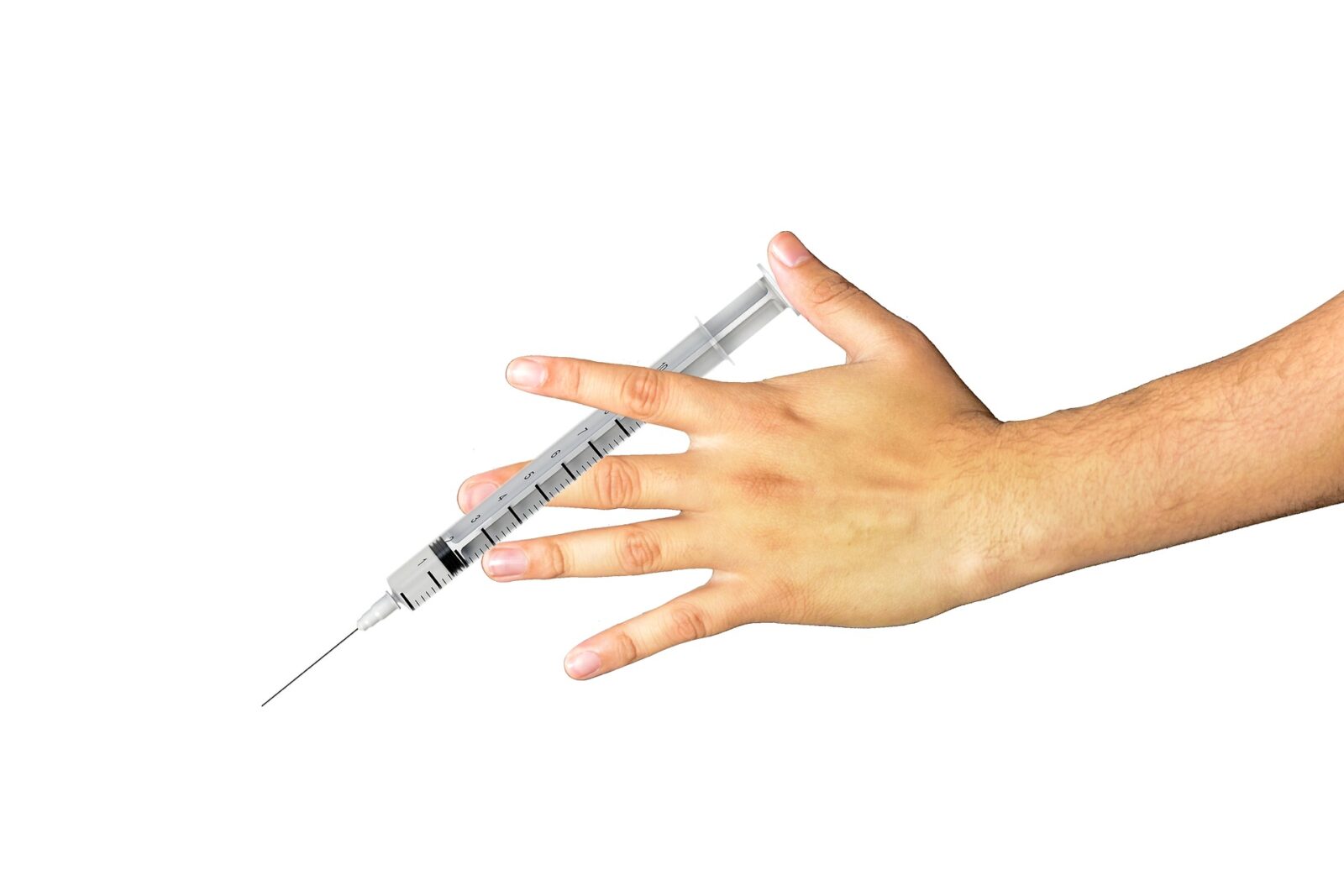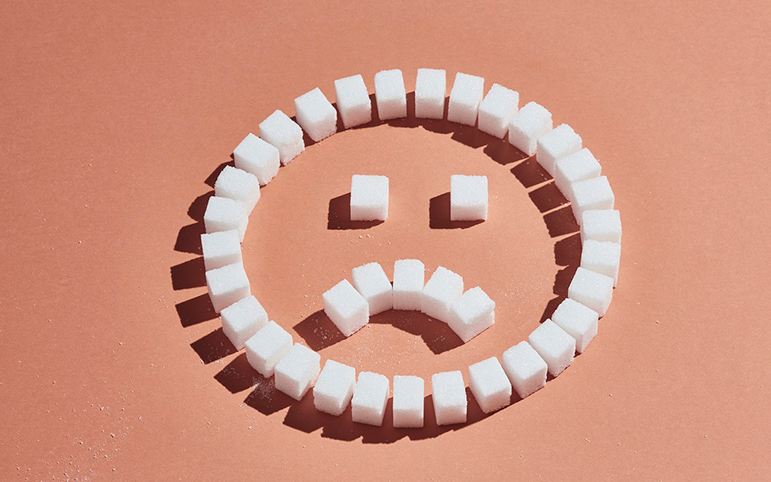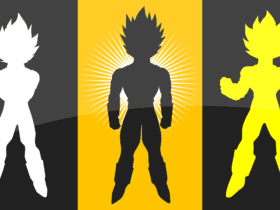The UK Health Security Agency (UKHSA) proclaimed a nationwide incident of poliovirus discovery in sewage in north and east London. Positive polio tests again and over again show that the region is still infected and being transmitted. Since 2003, the United Kingdom was proclaimed polio-free. All you need to know is provided here.
What is polio?
Historically, poliomyelitis (polio) has caused both paralysis and death across the globe. The polioviruses that cause it are tiny RNA viruses that may harm nerve cells in the body.
Like smallpox, it can be eliminated since it is not present in animals. As a result of successful immunization initiatives, we have been steadily advancing toward this aim. There are three forms of poliovirus, and one does not defend against the other. In spite of vaccinations, type 1 poliovirus continues to spread, although transmission of type 2 and 3 has been effectively halted.
It is possible to get poliovirus via food or drink that has been exposed to the feces of a person who is infected, as well as from respiratory droplets. It has a long shelf life at temperatures around 70 degrees Fahrenheit. The most recent outbreaks have been linked to hard-to-vaccinate locations with inadequate sanitation. There are now just two countries in the world where wild polio is still prevalent, and eradication efforts are aimed at stopping the virus from spreading.
Immunizations have been critical in the polio eradication effort. Only 700 instances were recorded worldwide in 2021. While IPV is a useful tool for protecting the person, it is not sufficient to manage an epidemic under inadequate sanitation. Because it includes live but weak poliovirus, the oral polio vaccine (OPV) may be used. In order to reach as many people as possible, OPV is delivered by drops and does not need the use of trained personnel or sterile equipment.
Inducing powerful gut immunity and preventing wild polioviruses from being shed are two of the benefits of this vaccination. When a person gets vaccinated, the live virus in the vaccine may spread to their immediate family members and so protect them, too. In addition, it is less expensive than IPV.











Leave a Reply